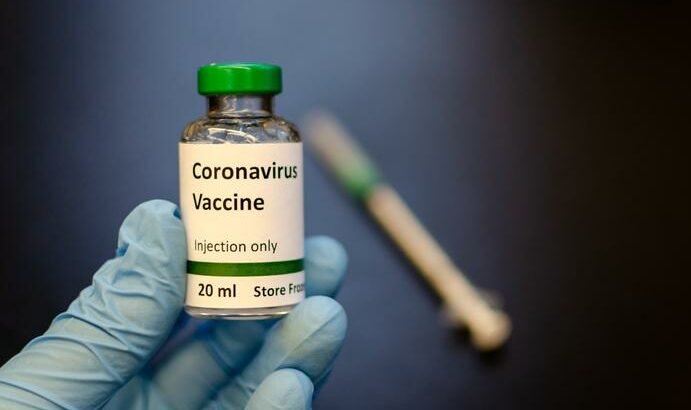An expert committee of the Central Drugs Standard Control Organisation (CDSCO) will meet on Wednesday to review applications of Pfizer, Serum Institute of India, and Bharat Biotech seeking emergency use authorization for their Covid-19 vaccine candidates, official sources said on Monday night.
The decision was taken late on Monday evening after the Hyderabad-based Bharat Biotech became the third pharmaceutical firm to apply to the Drugs Controller General of India (DCGI) for emergency use authorization for its indigenously developed Covid-19 vaccine COVAXIN.
The Indian arm of US pharmaceutical giant Pfizer had on December 4 sought approval for its vaccine from the central drug regulator, after the firm secured such clearance in the UK and Bahrain.
The Pune-based Serum Institute of India sought the nod for the Oxford Covid-19 vaccine, COVISHIELD, on December 6.
What does India’s regulatory framework say about emergency authorization?
Experts believe the process for receiving EUA is not clearly defined or consistent and India’s drug regulations do not have provisions for a EUA but despite all this, CDSCO has been granting emergency or restricted emergency approvals to Covid-19 drugs during this pandemic for remdesivir and favipiravir.
A senior government official earlier told The Indian Express that any company seeking to launch a vaccine approved elsewhere would have to conduct local trials to prove it is safe and effective on the Indian population.
According to a PTI report, Vaccine Task Force (VTF) will lay down the principles for emergency use authorization in India, and the National Expert Group On Vaccine Administration for Covid-19 (NEGVAC) will decide on vaccine pricing.
India’s existing legal framework, which includes the Epidemic Diseases Act, 2020; National Disaster Management Act, 2005; and New Drugs and Clinical Trial Rules, 2019; provides for granting authorization, officials aware of the developments said.
Based on phase two and three clinical trial results, the SII with the help of the ICMR will pursue early availability of the vaccine for India, the country’s apex health research body had said last month.
According to the ICMR, the SII has already manufactured 40 million doses of the vaccine under the at-risk manufacturing and stockpiling license is obtained from the DCGI.
How will India review the applications?
“The decision to give emergency authorization will solely be based on three parameters of safety, quality, and efficacy. We will go by merit,” said a source, who is part of the developments at the CDSCO.
Over the last four days, the Indian arm of US pharmaceutical giant Pfizer, Pune-based Serum Institute of India, and Hyderabad-based pharmaceutical firm Bharat Biotech have applied to the Drugs Controller General of India (DCGI) seeking emergency use authorization for their potential Covid-19 vaccines.
“DCGI has already started processing the applications. The subject expert committee (SEC) on Covid-19 at CDSCO will deliberate on the applications by Pfizer, Serum Institute of India, and Bharat Biotech seeking emergency use authorization for their Covid-19 vaccines on December 9,” a source said.
ICMR director-general Balram Bhargava has said. “It involves looking at voluminous data. We hope the decision would be expeditious but it will never compromise on scientific rigor and the processes therein,” he said. The experts will grant the authorization only when they will be satisfied with the risk-benefit ratio that is if the benefit is more than the risk.
After evaluation, the SEC will give its recommendations to the DCGI on whether emergency use approval for the vaccine candidates should be granted or not, the source said.
Most of the vaccines are of two or three doses to be administered three to four weeks apart. Significant to note that even after vaccination, COVID precautions must be taken and this has been advised by WHO also, Bhushan said, adding, “Vaccination does not mean people become carefree.”







